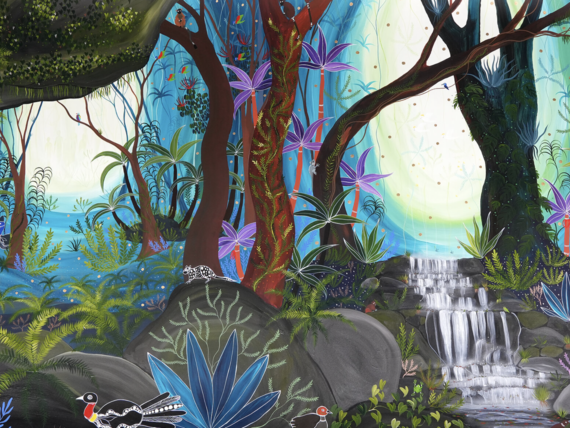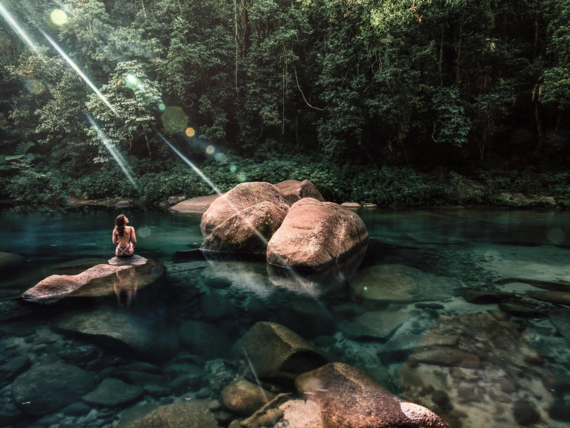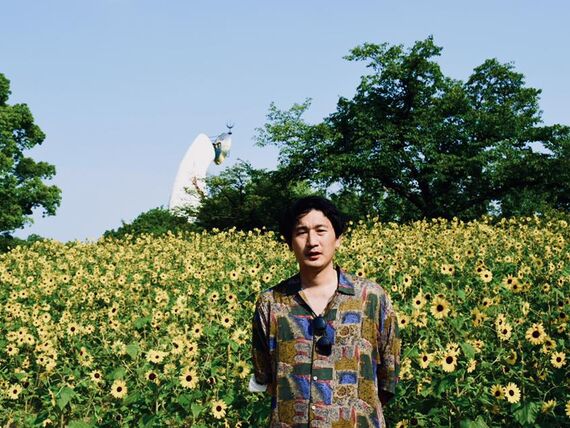Island technology used to overcome Cairns tourism language barriers
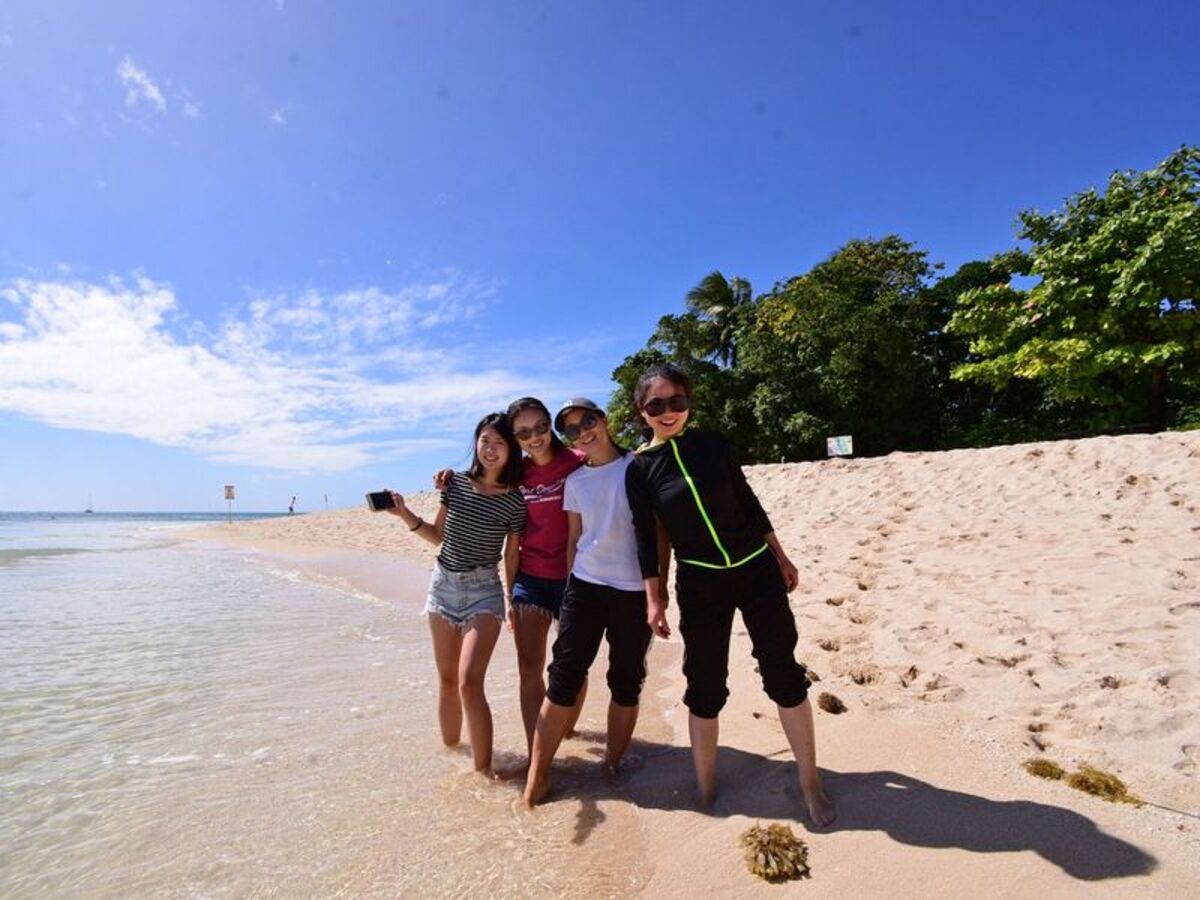
Green Island has gone high-tech, with QR codes on signage helping Chinese tourists navigate the attractions and dangers of the popular destination.
Each barcode, when downloaded through a smartphone, contains a digital audio translation.
It’s among a raft of measures rolled out to better communicate with the more than 200,000 Chinese visitors to Tropical North Queensland each year.
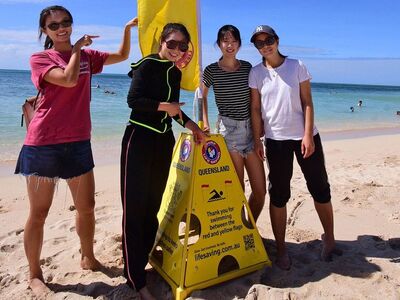
TTNQ CEO Pip Close said the signs will be located along a new treasure trail, which will provide brag-worthy selfie opportunities along with education.
“Tropical North Queensland’s signature experiences are about gaining a deeper understanding of the destination’s World Heritage areas,” she said.
“However, language and cultural barriers can erode this opportunity for some visitors making the experience nothing more than a bucket list photo opportunity.”
The organisation worked with a Chinese creative writer to tweak the existing sign translations and recorded audio for 18 of the signs which are accessed via QR codes to help visitors better understand the island’s natural and cultural history.
Data collected from the QR codes will be used in a visitor monitoring program led by JCU, which will also conduct pre and post visitor surveys.
At the same time, Tourism Tropical North Queensland (TTNQ) has been conducting Chinese cultural training for all Cairns-based marine park rangers, who will trial a culturally appropriate Discovery Tank talk across two weeks.
Quicksilver Group Managing Director Tony Baker said the trial is a great first initiative enabling visitors to easily access National Parks.
“We see it as a very positive step for the rangers to have an increased involvement in providing interpretation for all visitors to enhance their experience and appreciation of this beautiful island,” he said.
The Green Island information book has also been digitised and will allow lifeguards to broadcast translated safety messages over the PA.
The initiatives are being led by Tourism Tropical North Queensland in conjunction with the Queensland Parks and Wildlife Service, James Cook University, the Quicksilver Group and Experience Co.
Once proven on Green Island, the program could be rolled out across the region.


